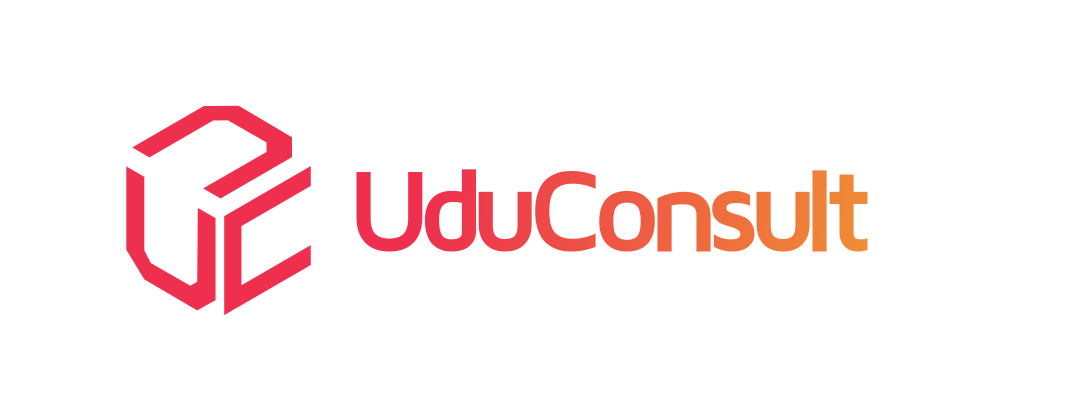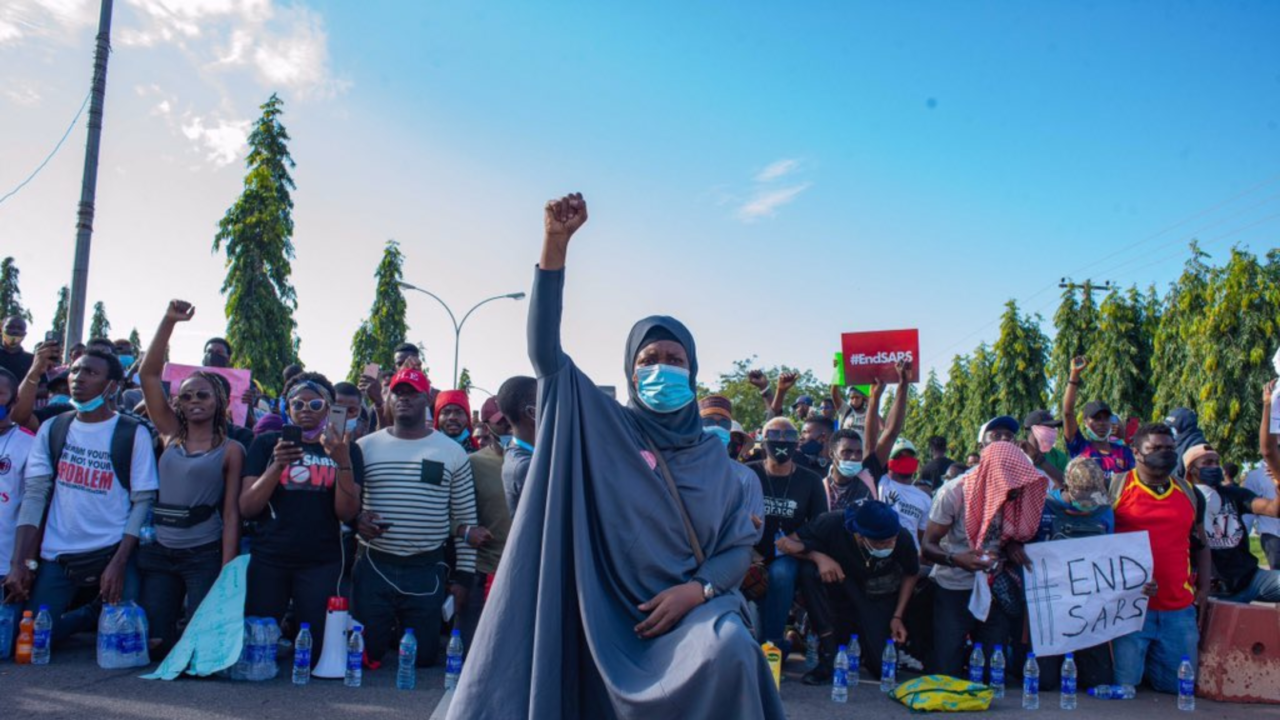A few days ago, Brand Communicator published an article titled, “#ENDSARS: To get involved or not? IMC professionals examine why silence may be detrimental.” The writer presented some valuable perspectives whilst comparing #EndSARS with #BlackLivesMatter.
The writer states, “Many Nigerian celebrities, influencers and public figures have also thrown their weight behind the campaign and protests, with some of them actively taking part. Among these cacophonies of voices that have risen in support of the #EndSARS Campaign, there is a ‘deafening silence’ from Corporate Nigeria.”
MultiChoice and MTN spoke up during the last xenophobic attack on Nigerians in South Africa. But joining the #EndSARS campaign is not as easy as black and white neither can it be a knee-jerk decision. Some of the public relations practitioners who weighed in on the matter explained that businesses are historically apolitical. And there’s a reason for that. Businesses do not operate in a vacuum. They operate within an interconnected society with linkages to different stakeholder groups.
In the piece, Ugo Onuaha, former managing director/editor-in-chief of Champion Newspapers and a public affairs analyst said: ‘In other jurisdictions, brands should not hesitate to side with the people, with popular sentiments. Black Lives Matter in the US is a pointer…’
Corporations rely on the government for an operating licence and to provide a secure environment conducive to business. And as with the consumers who are protesting, the government is also a customer of these corporations. So to suggest that organisations should back consumers against the government might be illogical.
As for corporations lending support to #BlackLivesMatter, it is important to note that the Black Lives Matter movement states that its mission ‘is to eradicate white supremacy and build local power to intervene in violence inflicted on Black communities by the state and vigilantes.’
The protests which occurred after George Floyd’s death were not just about police brutality but also anti-racism. It was perhaps the issue of systemic racism that caused organisations to look inward and support the campaign.
Onuaha, however, makes a valuable point in stating that “…brand support for the ongoing struggle should be structured to advance wholesale police and policing reforms. It’s good for business in my estimation.” Sterling Bank has released a video of one of their interventions in that area.
In drawing on the Nike and Unilever case studies referenced in the article, businesses would be mindful of the principles of adaptation and localisation. Meaning, do Nigerian protesters have similar characteristics as the US protesters or are they different? Consequently, would we have similar results as Nike or Unilever if we got involved? This will lead to risk assessment. The risks could be safety, reputational, financial, legal or even political.
The risk assessment will ask questions such as, “Should the protest spiral out of control and become violent what would be the impact on our business?” or “How are stakeholders likely to respond?” For instance, some Nigerians consider the hashtag “EndSARS” an affront like #DefundThePolice whereas some say #BlackLivesMatter campaigners adopted an emotional messaging approach. Corporates could also ask, “If we support #EndSARS, will we become compelled to support all protests going forward or another protest in a different market in which we operate?” As previously stated, the decision needs careful consideration. Perhaps the reason for the “deafening silence from Corporate Nigeria.”
There isn’t a single answer to the question of whether corporate organisations should get involved in protests. Organisations will each have to make a choice based on the socio-cultural context, associated risks and their corporate ethos.

